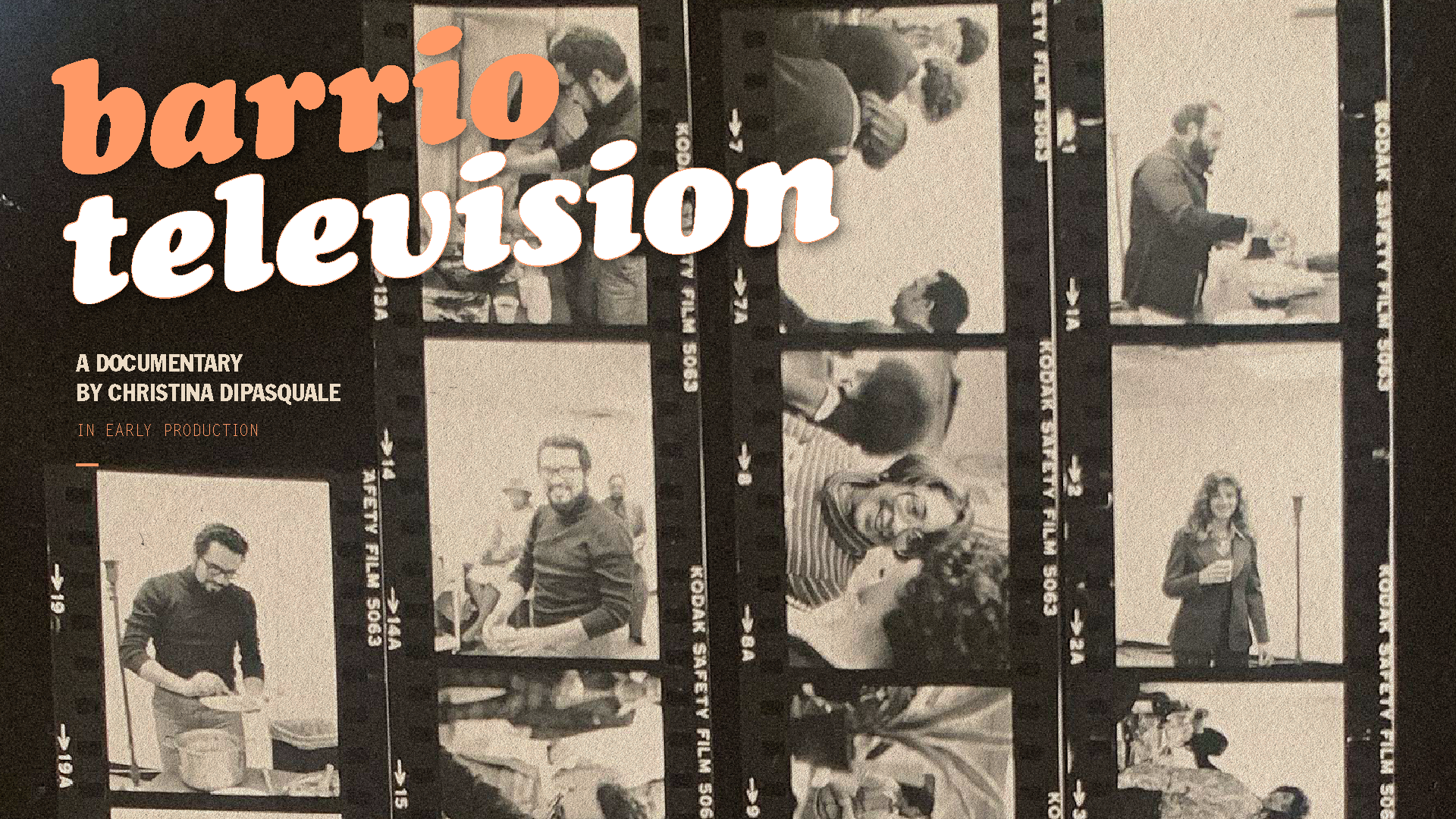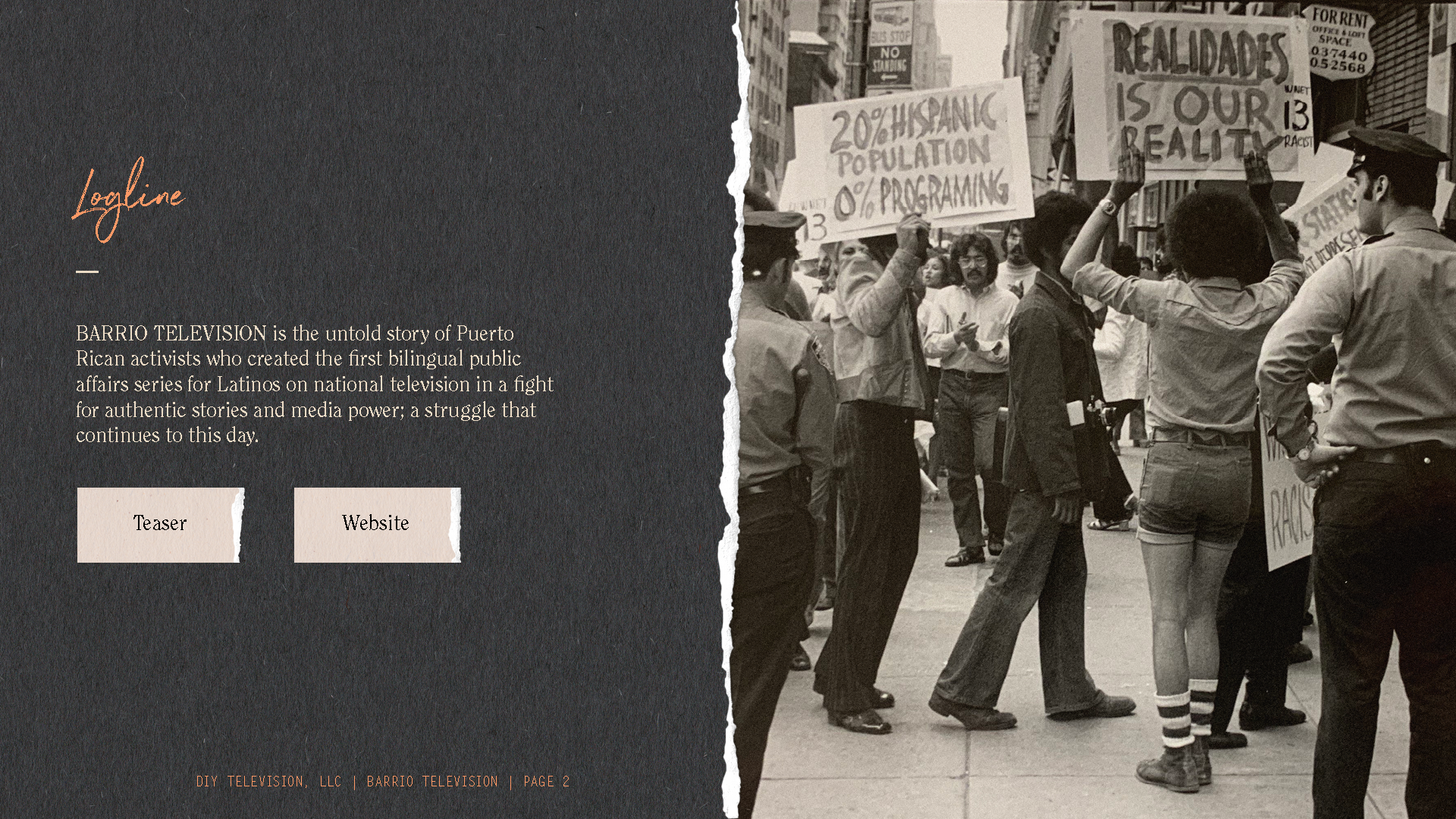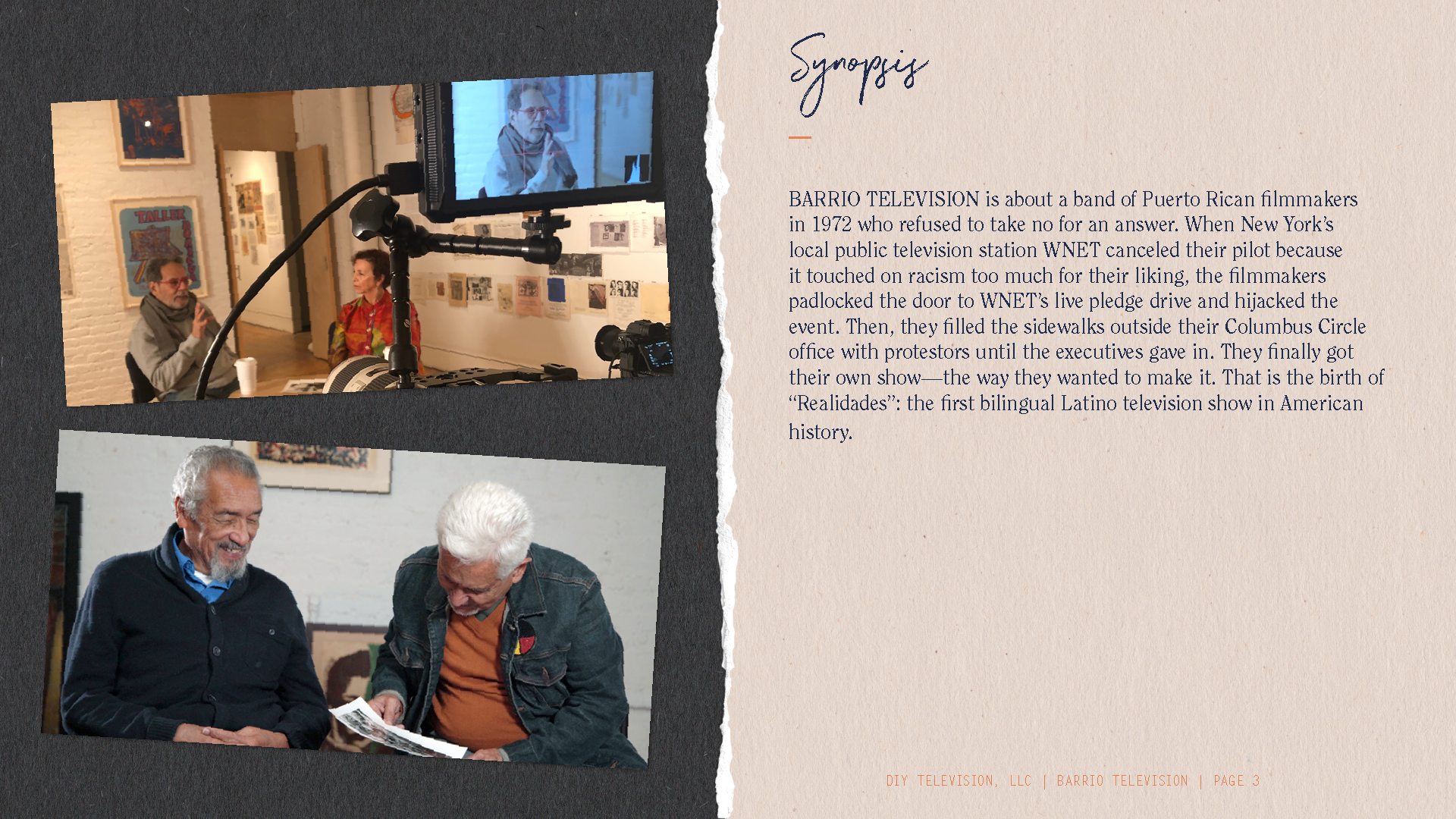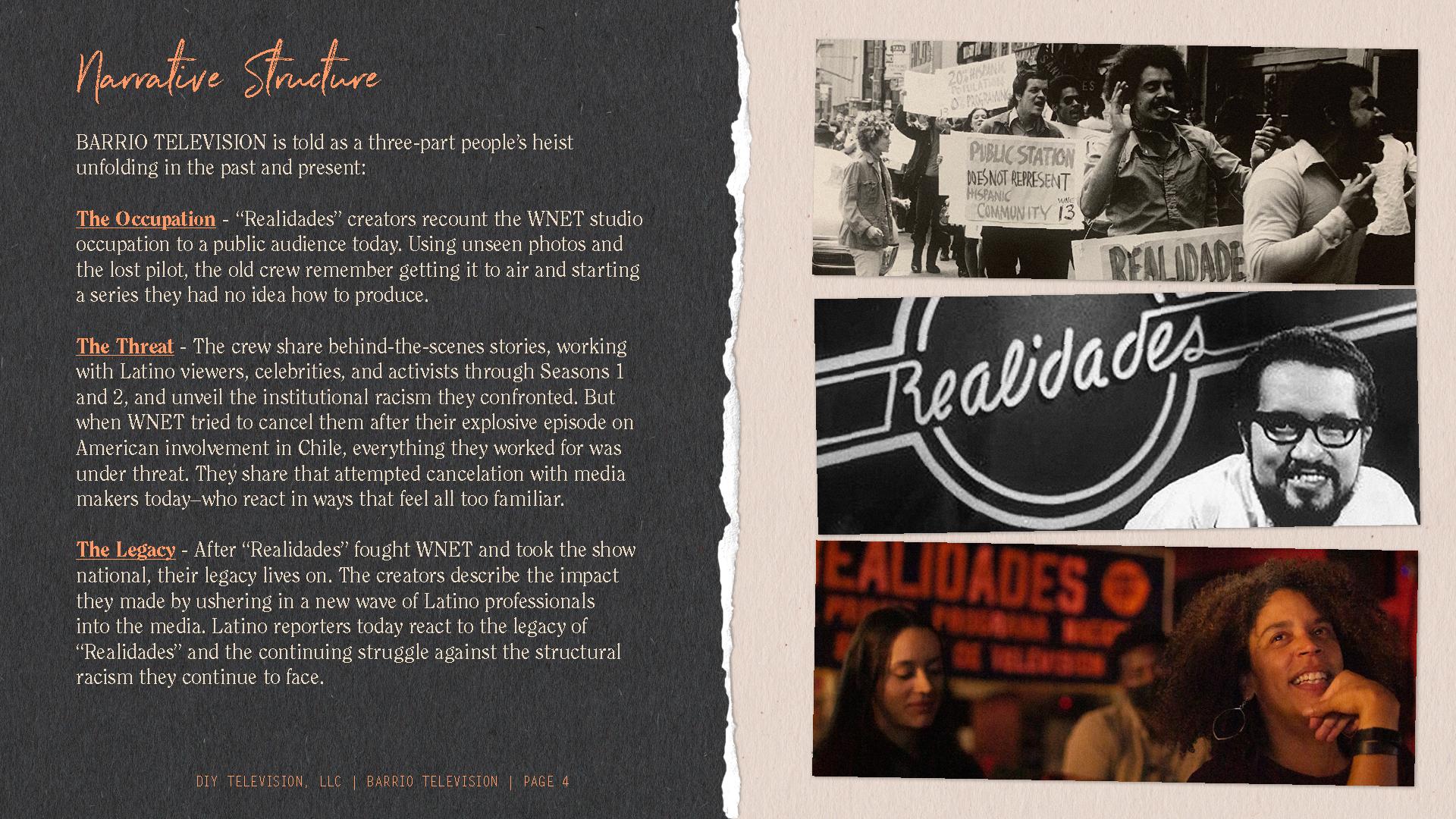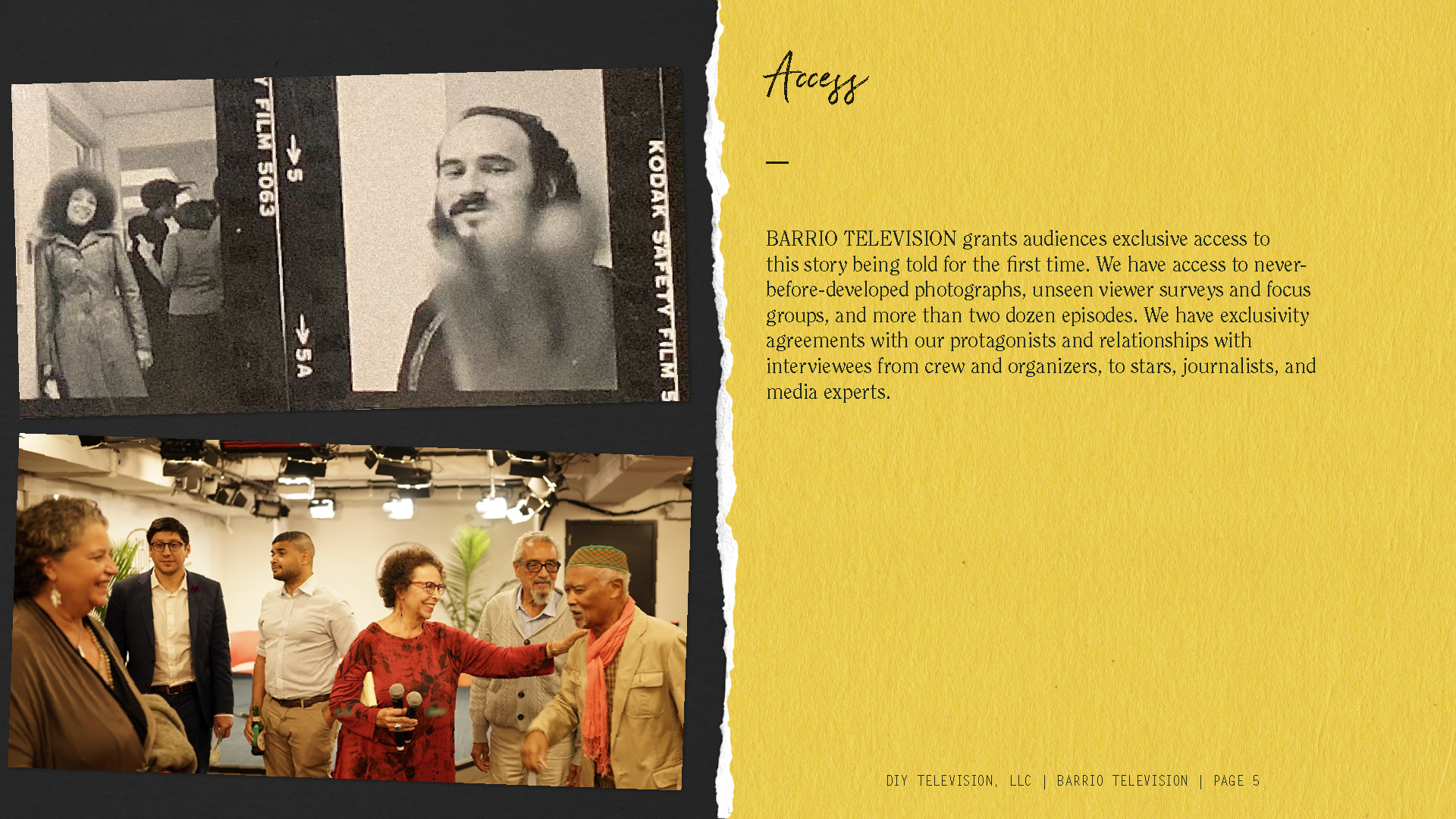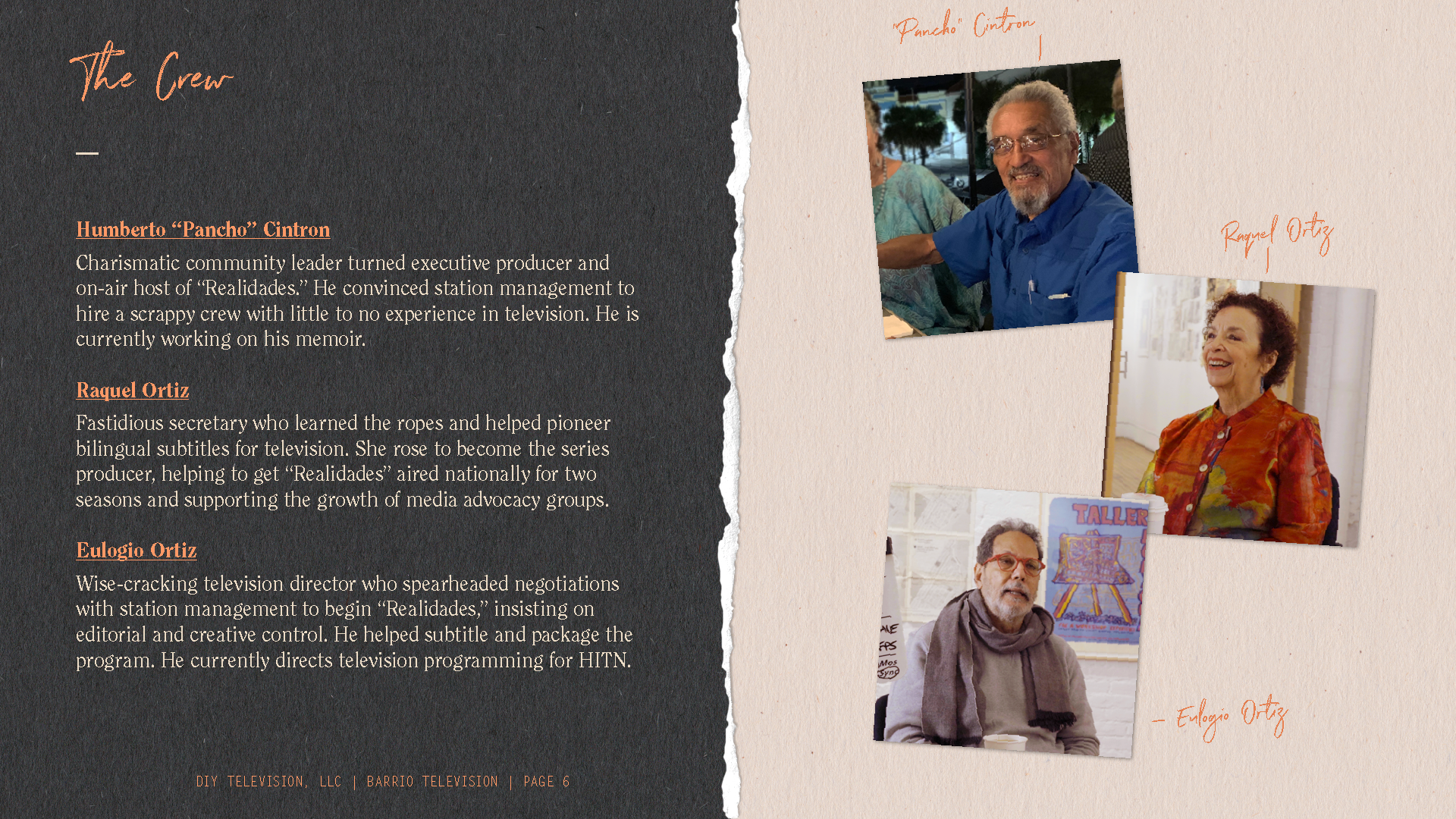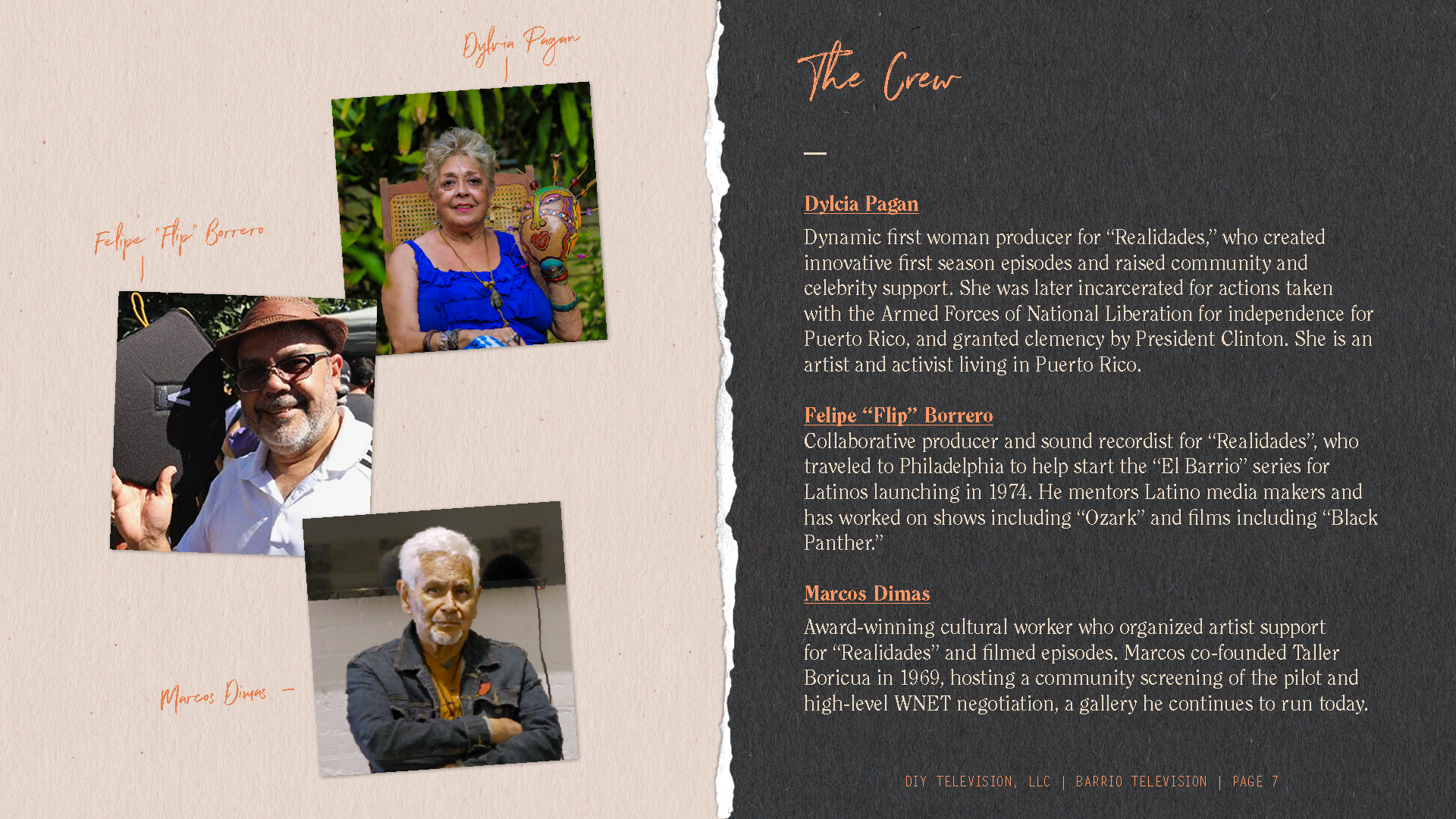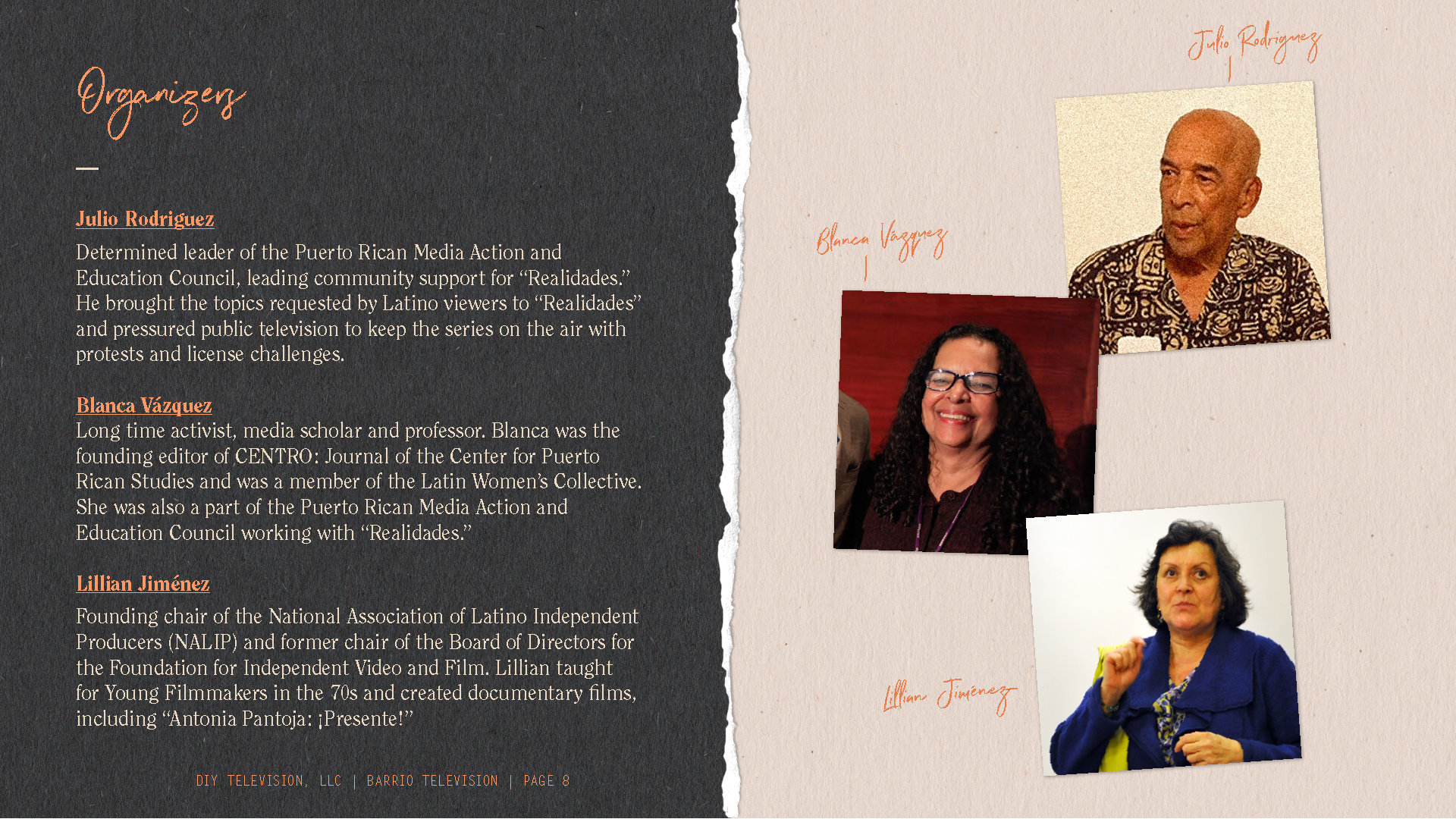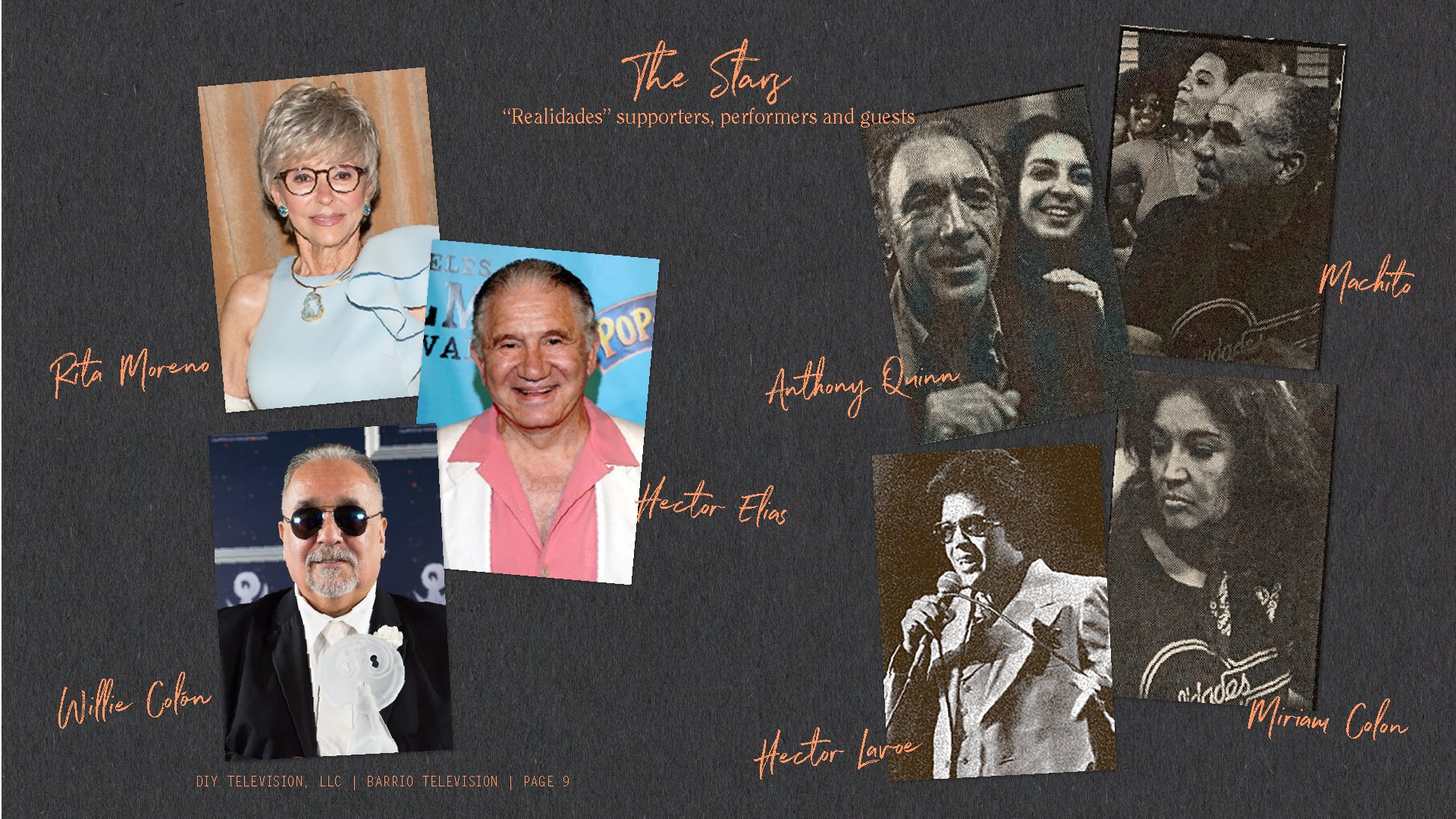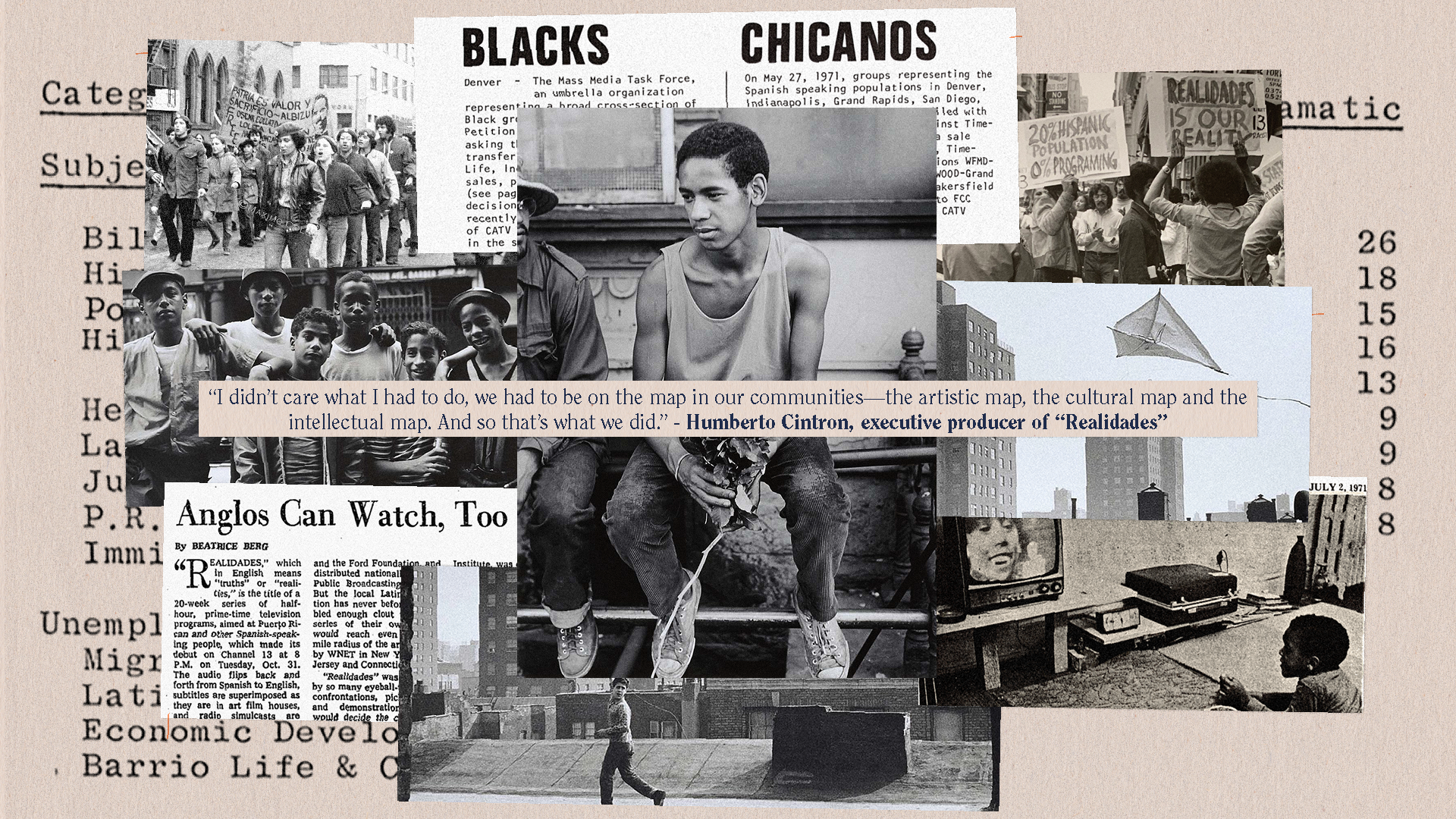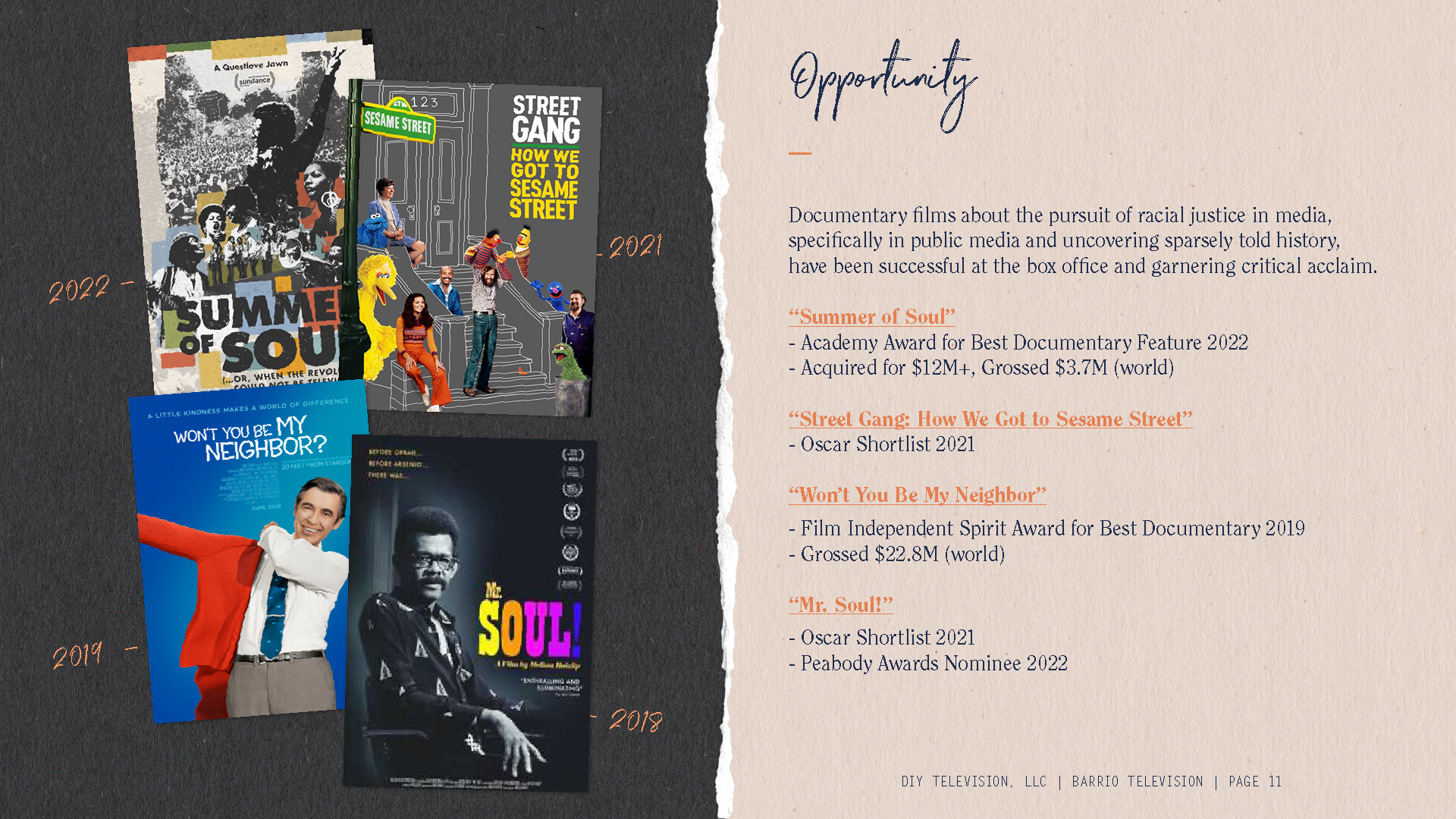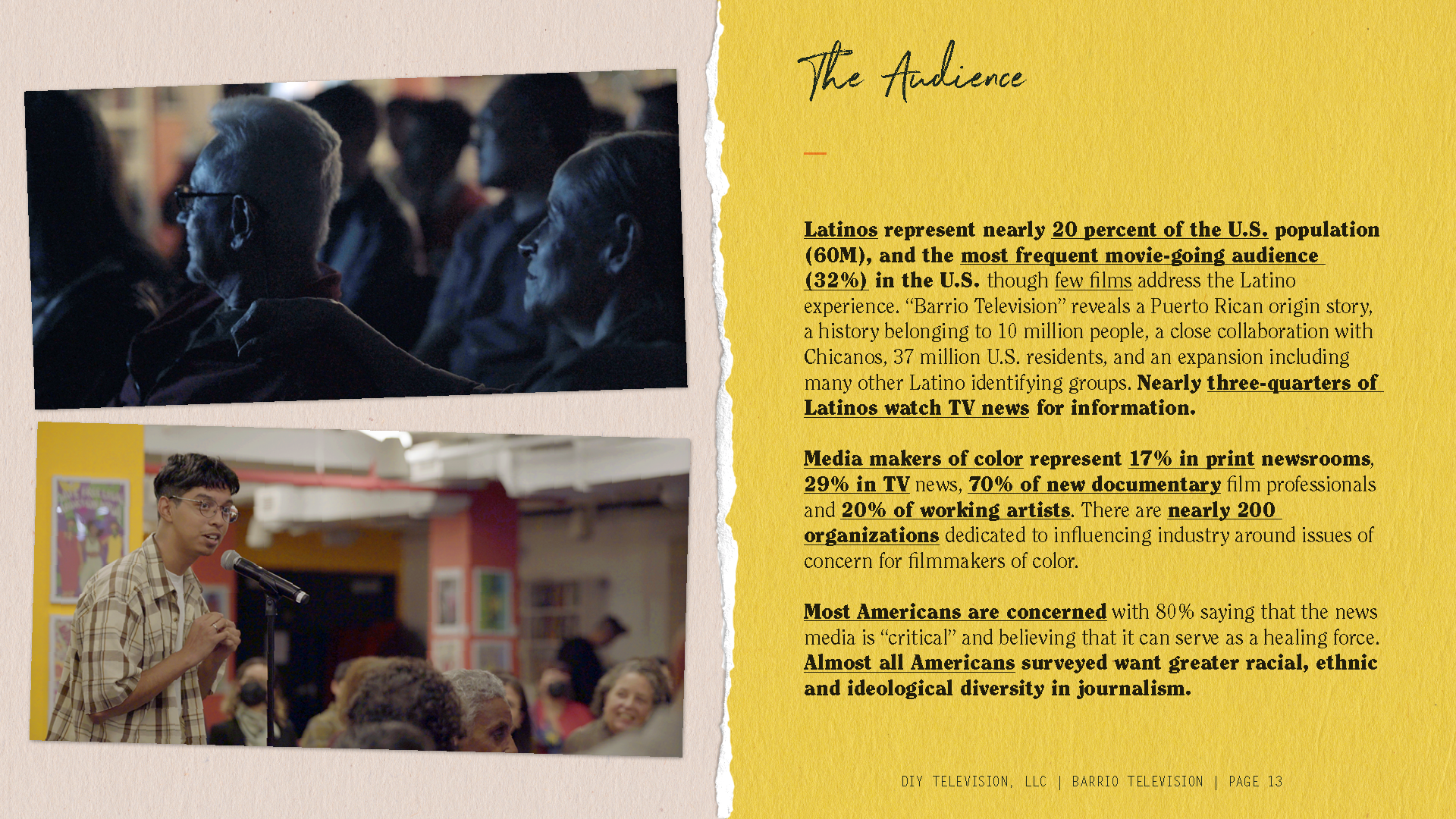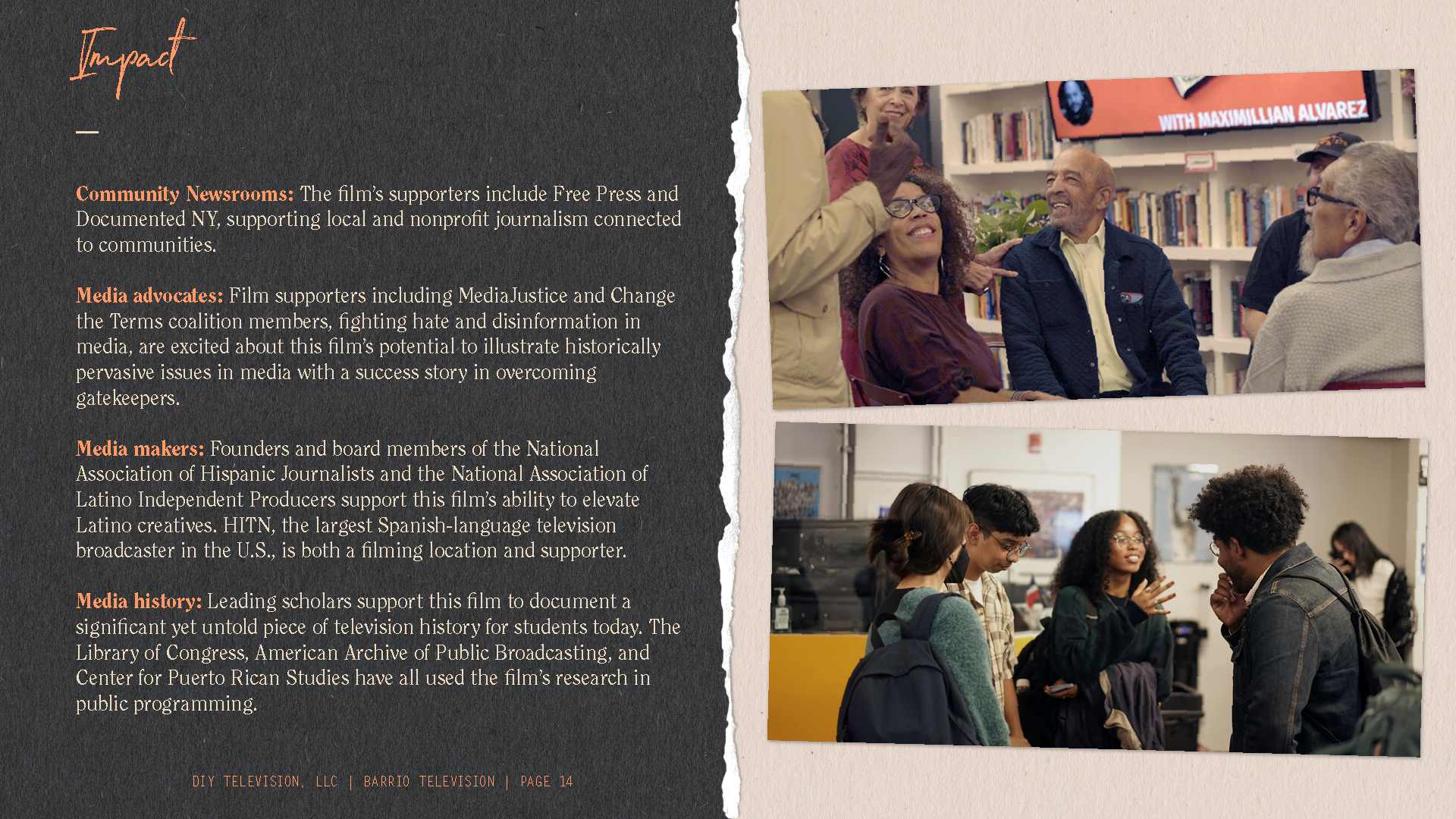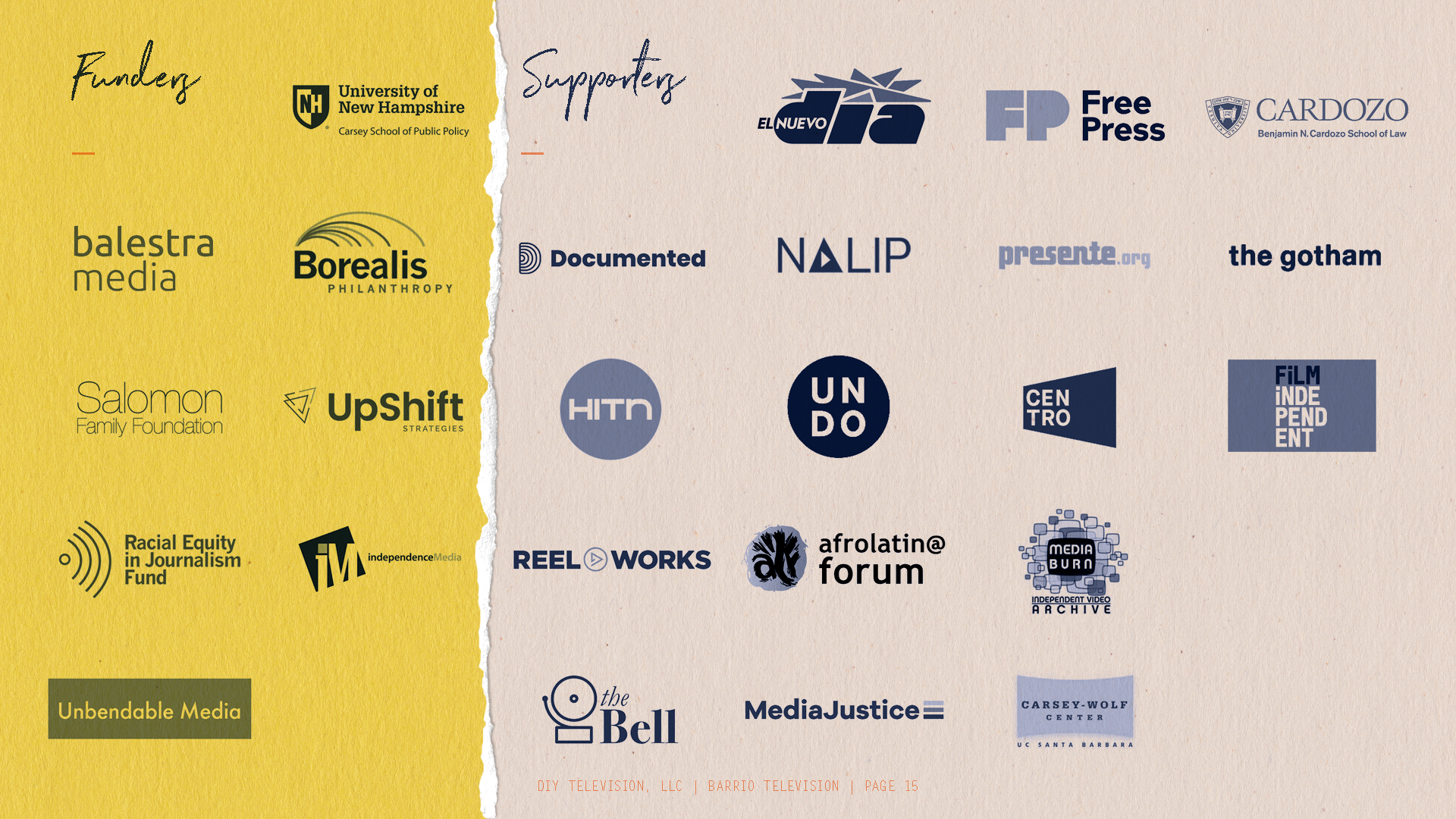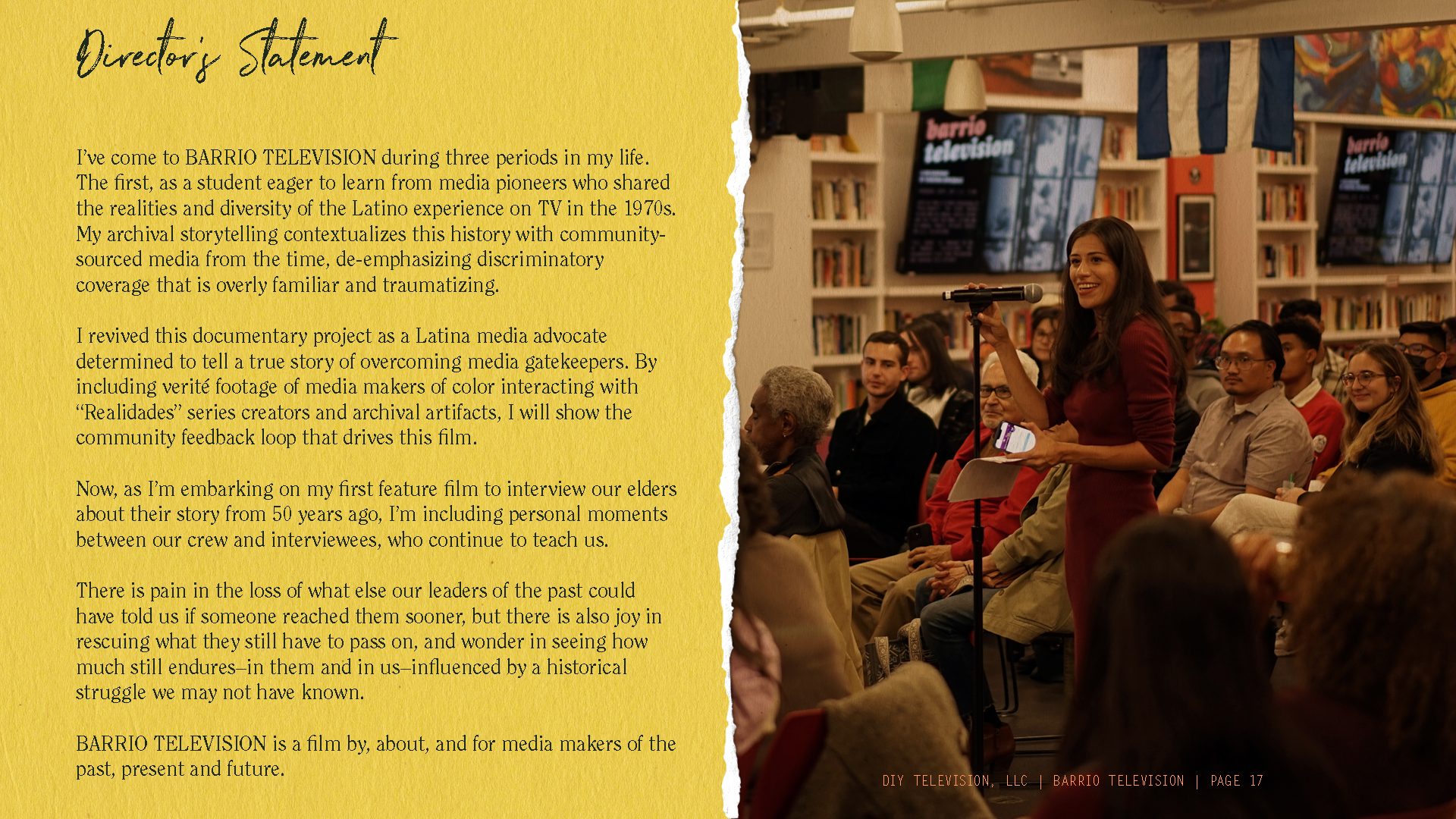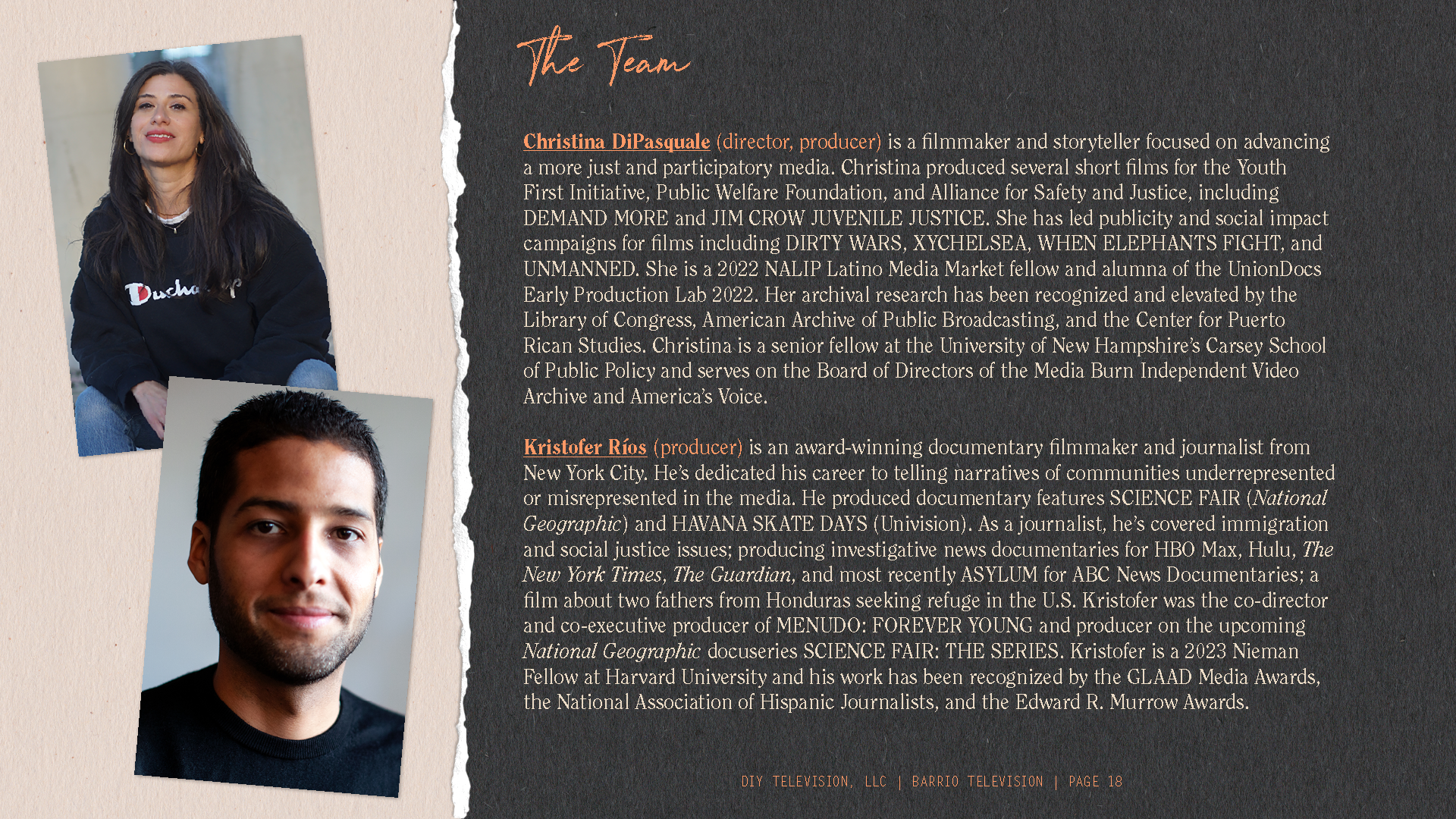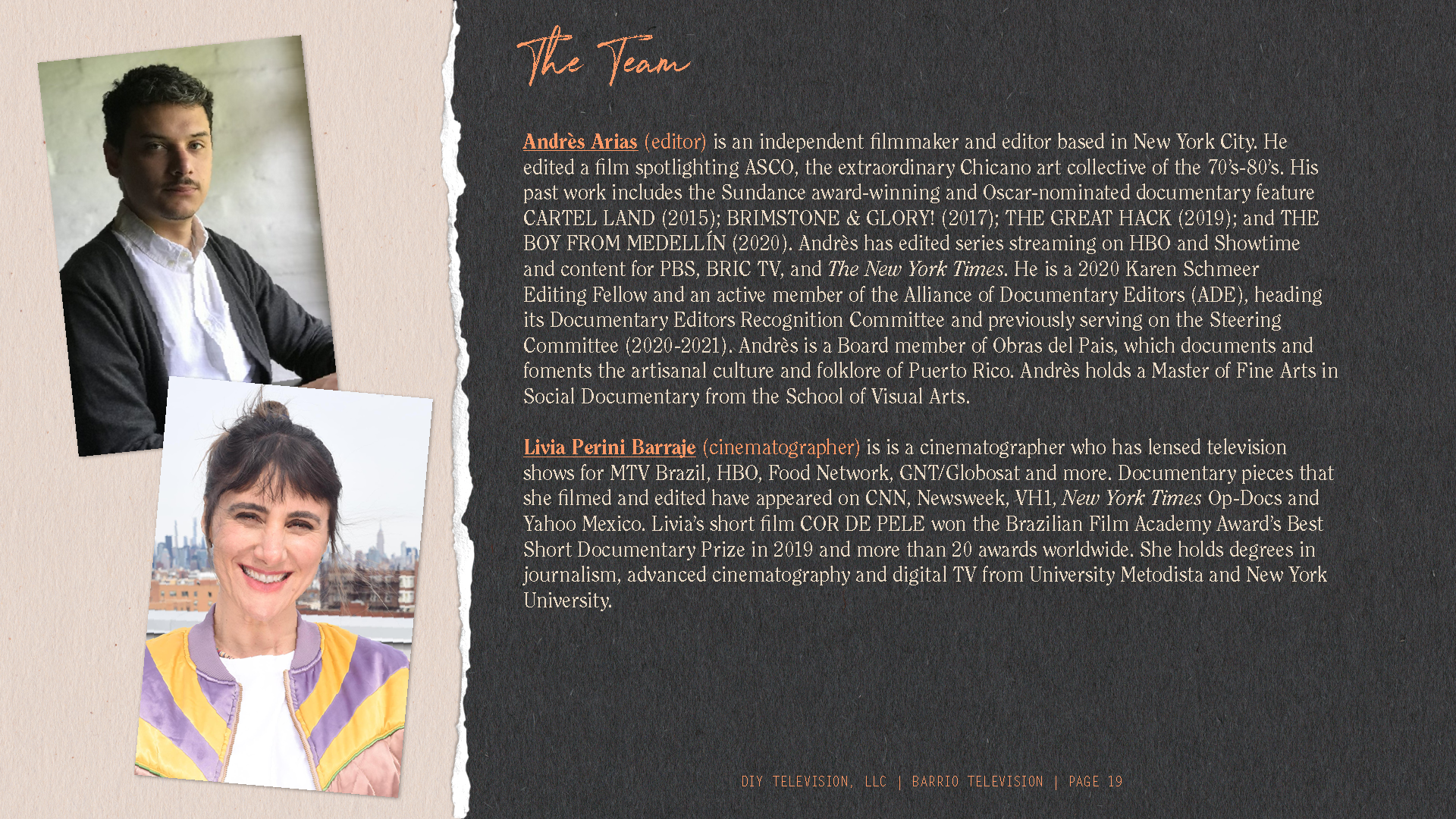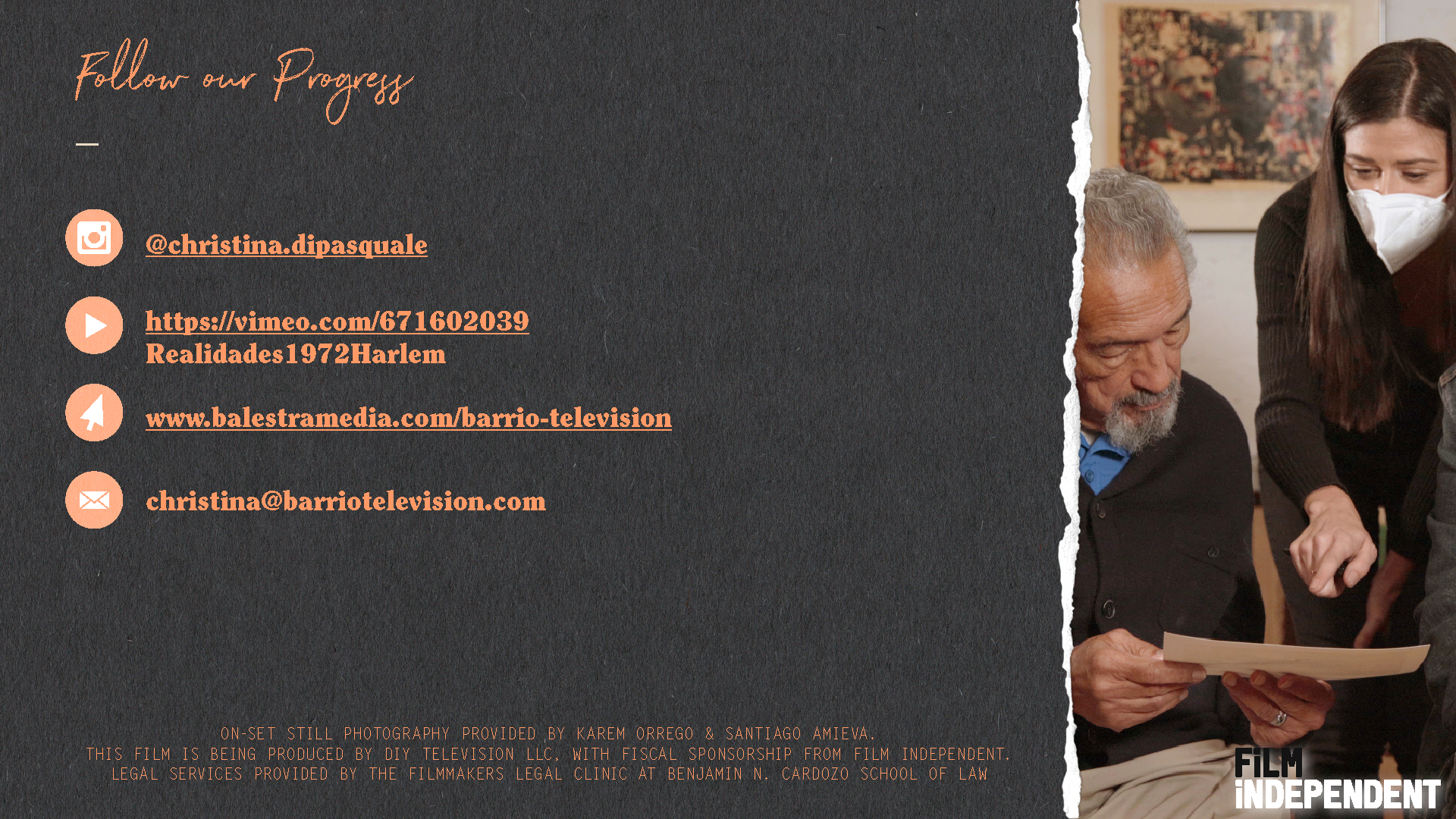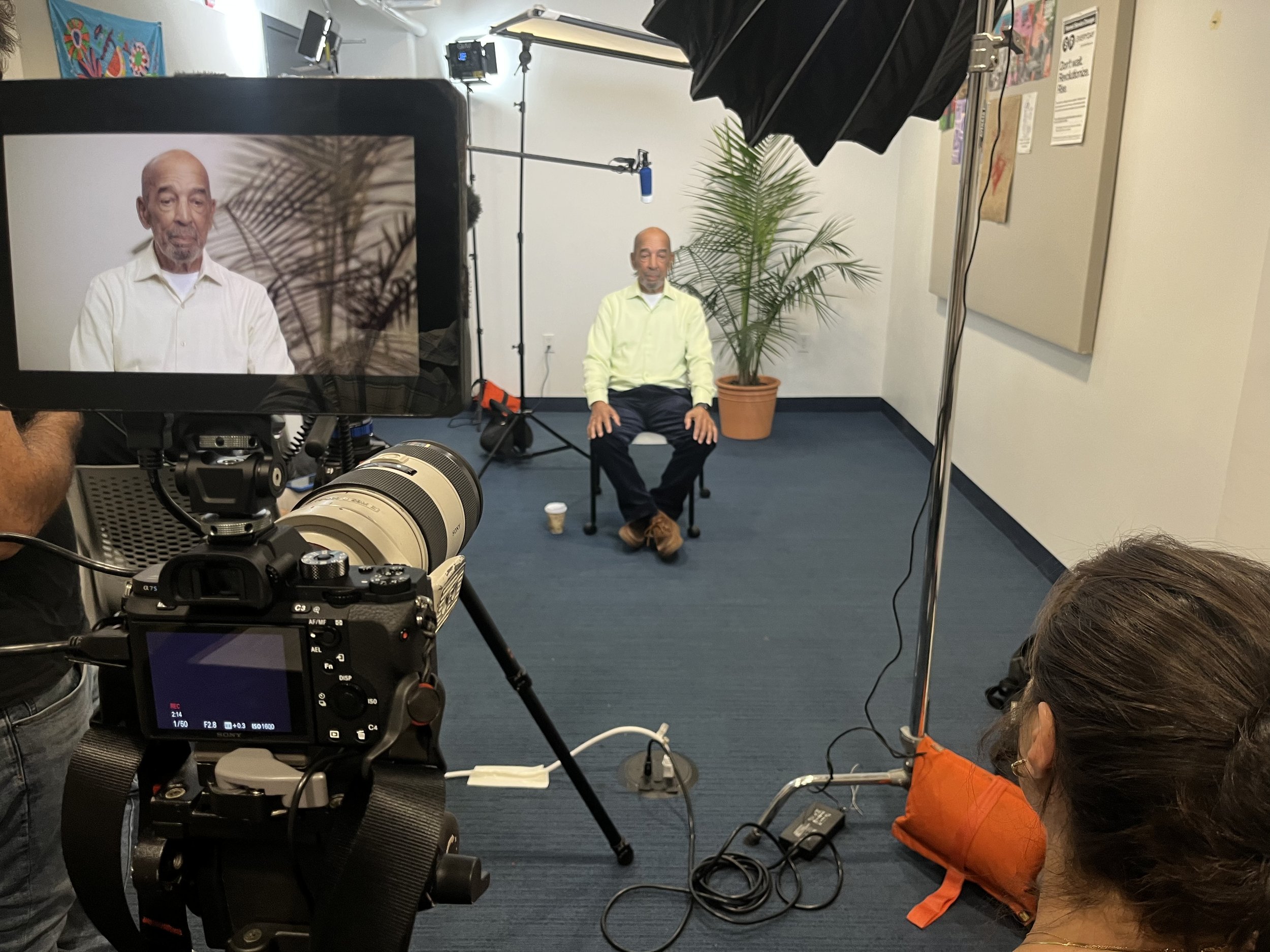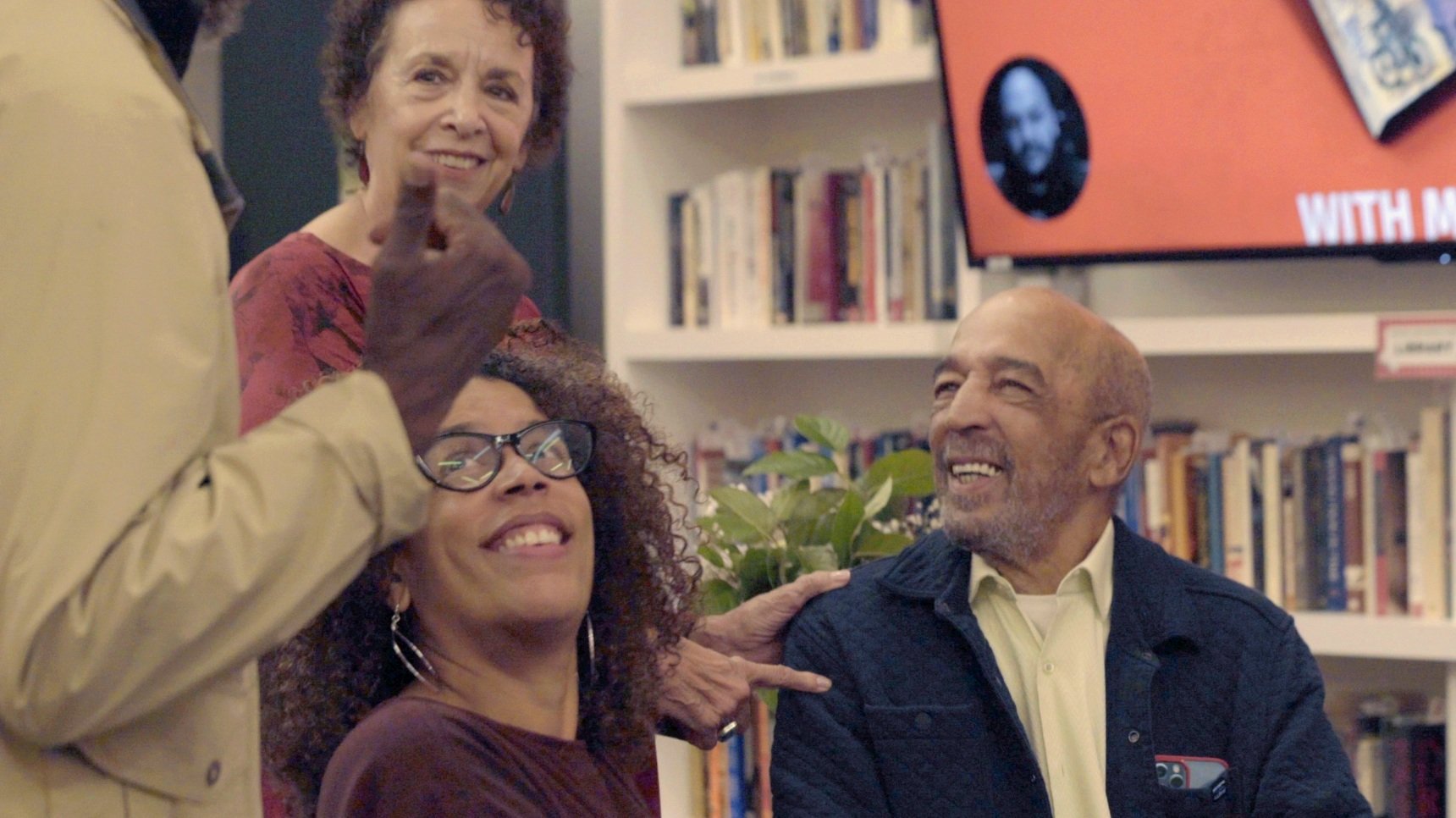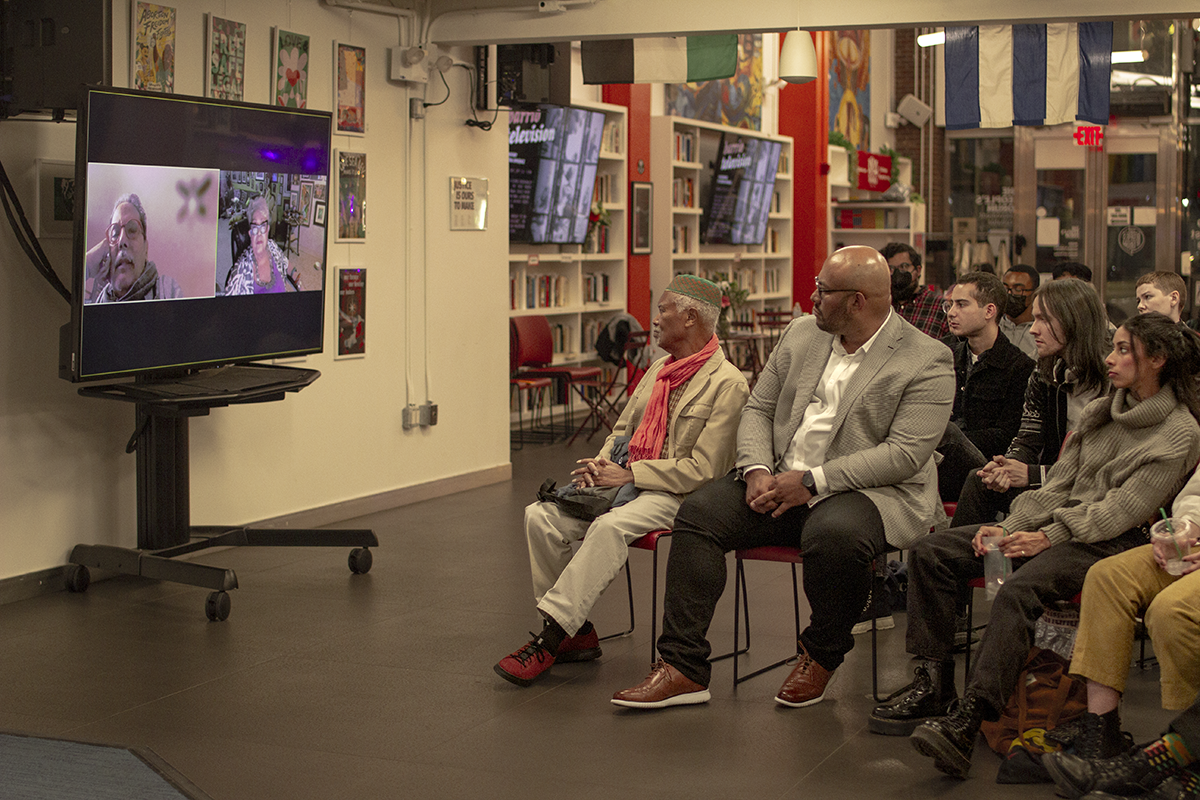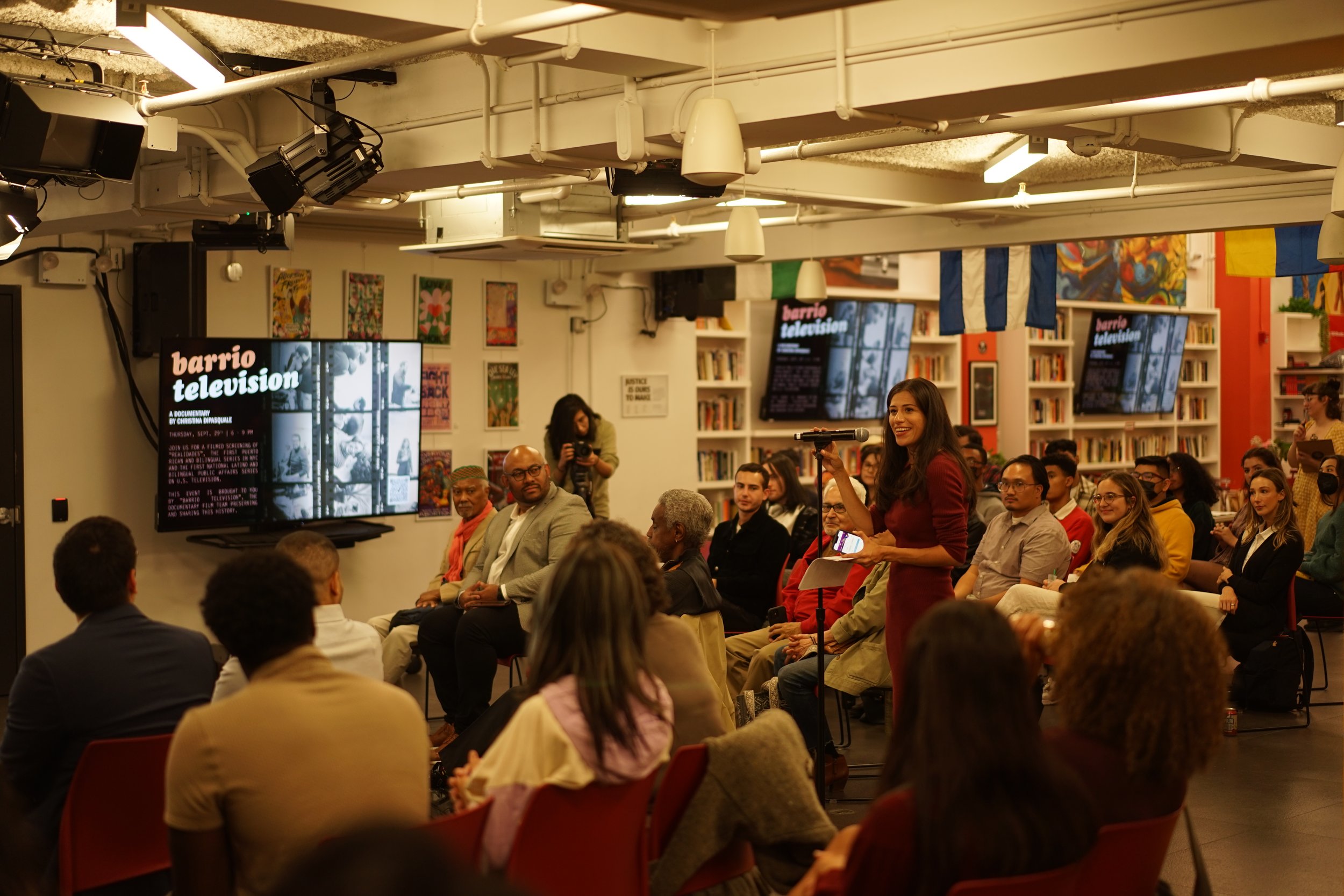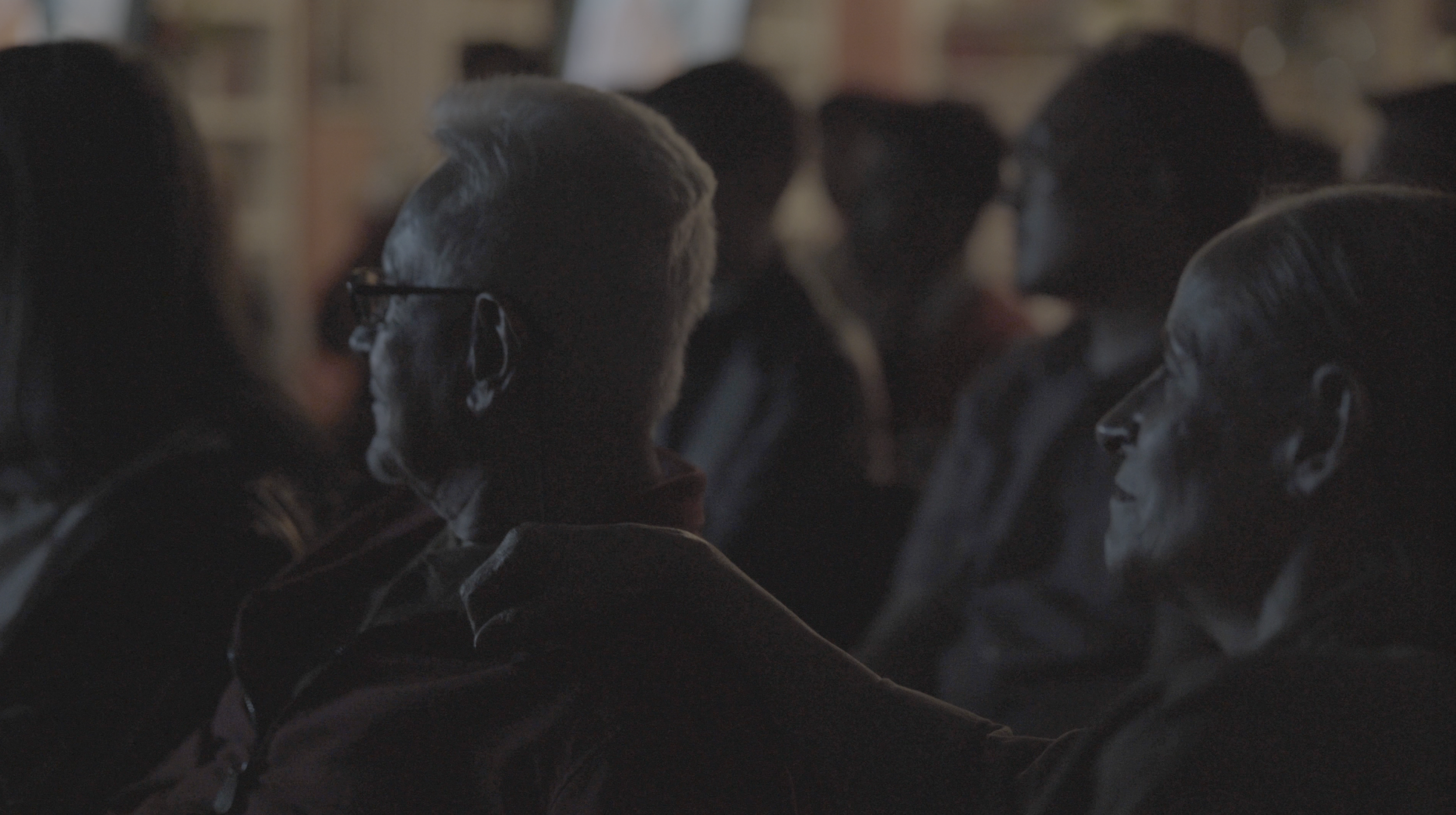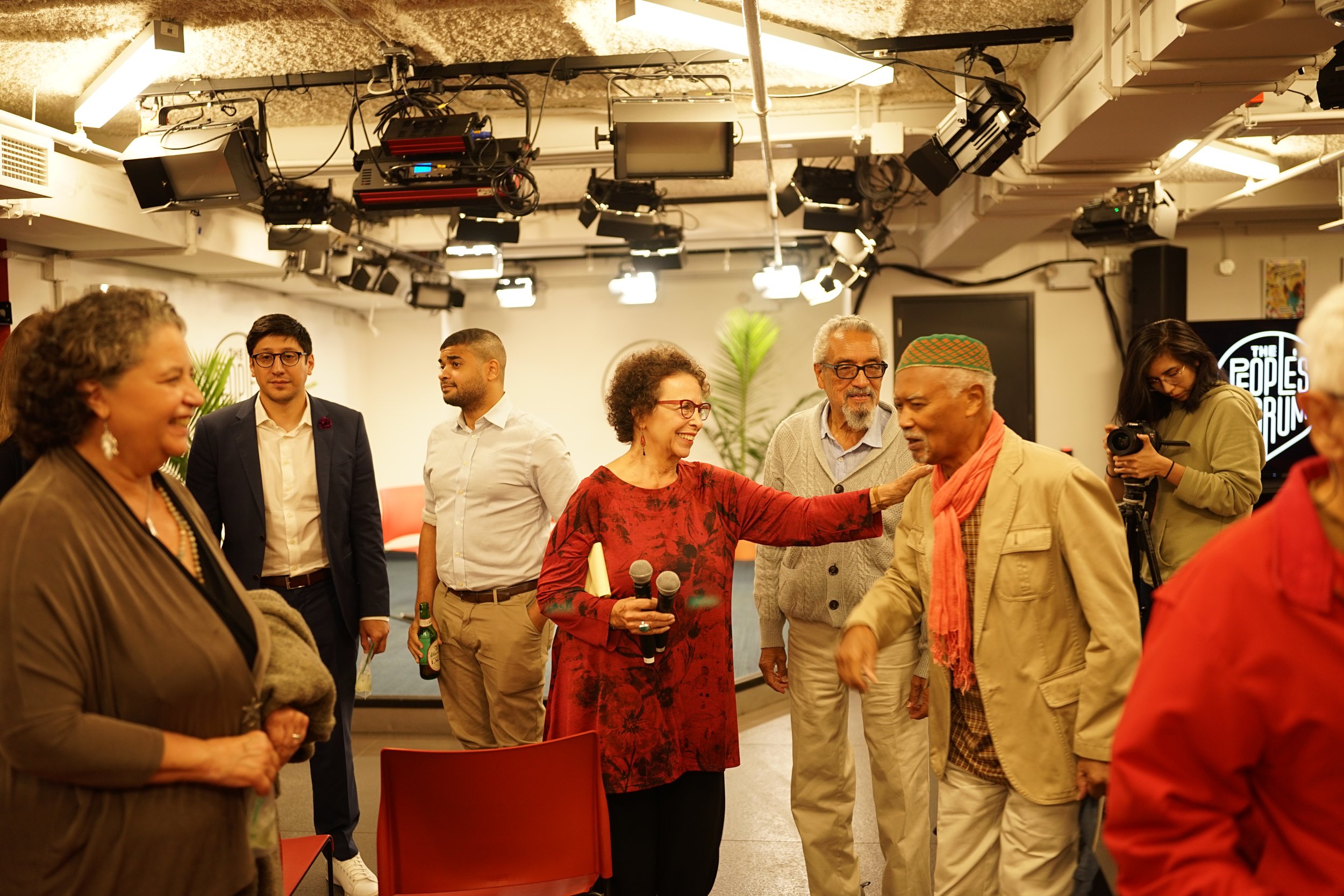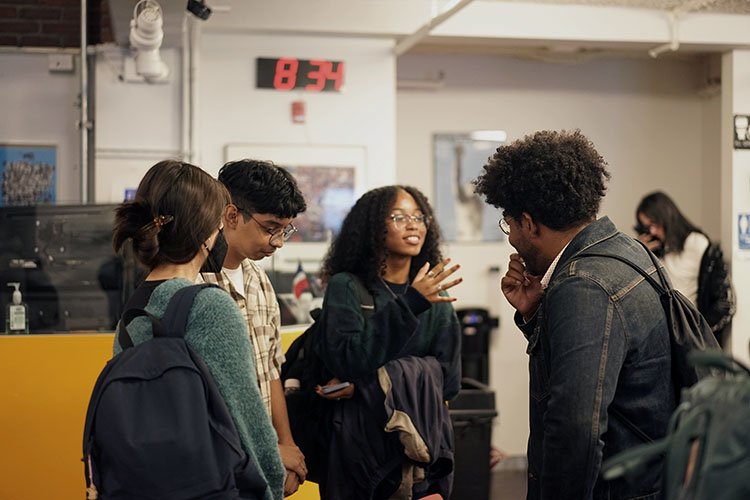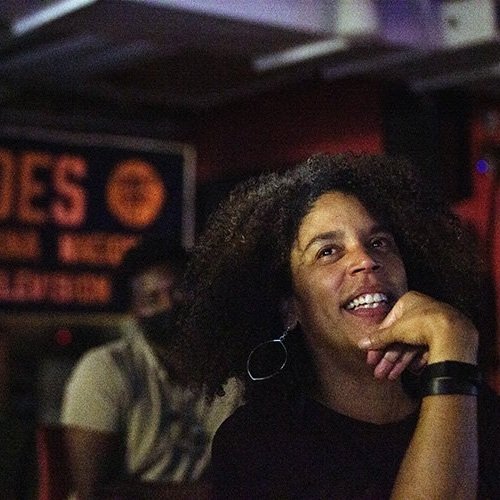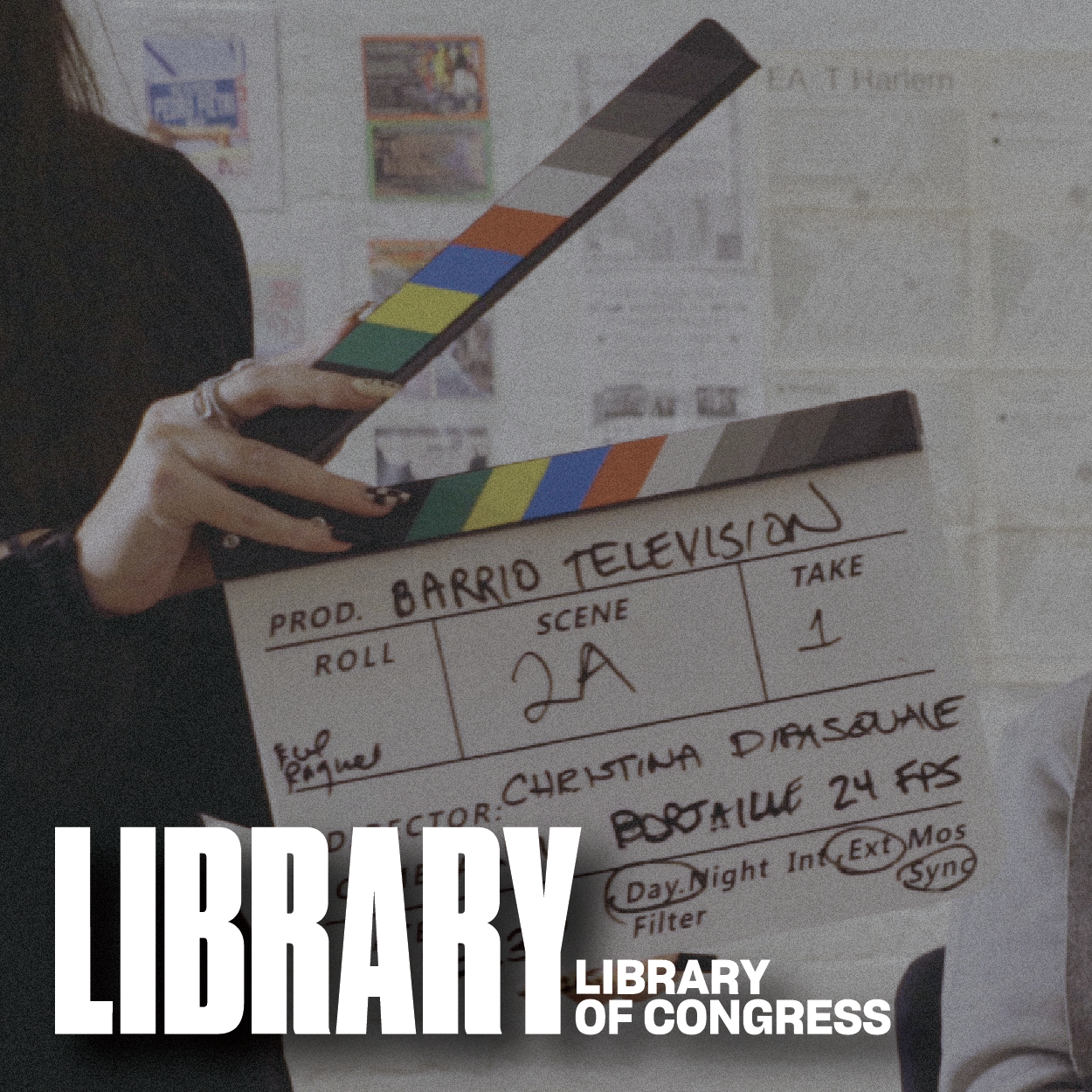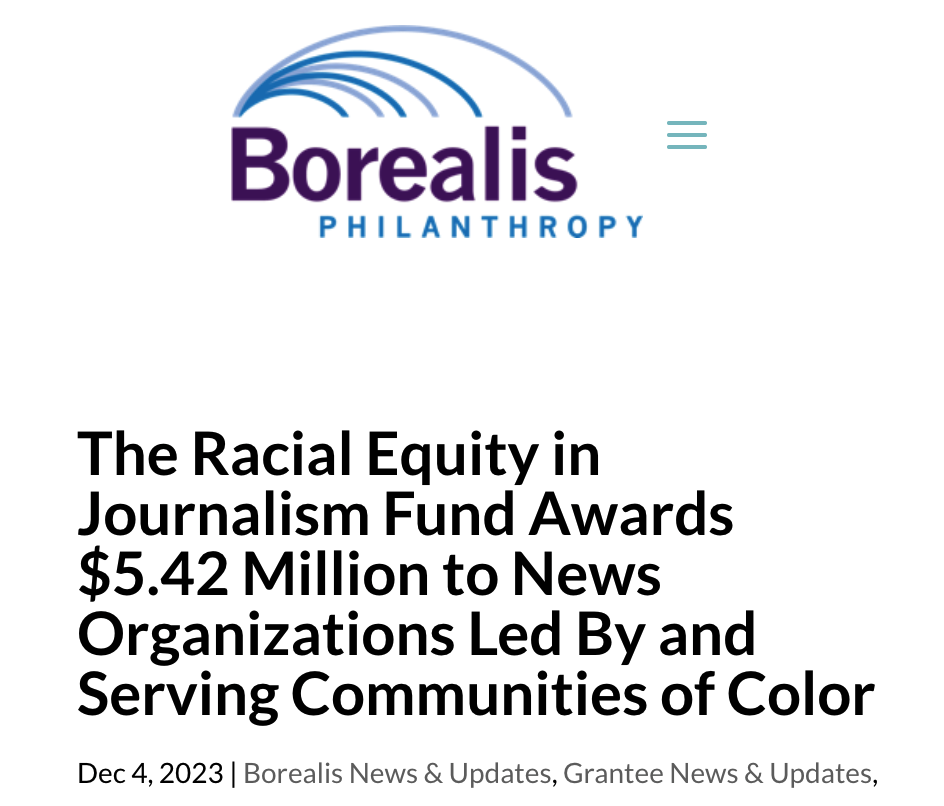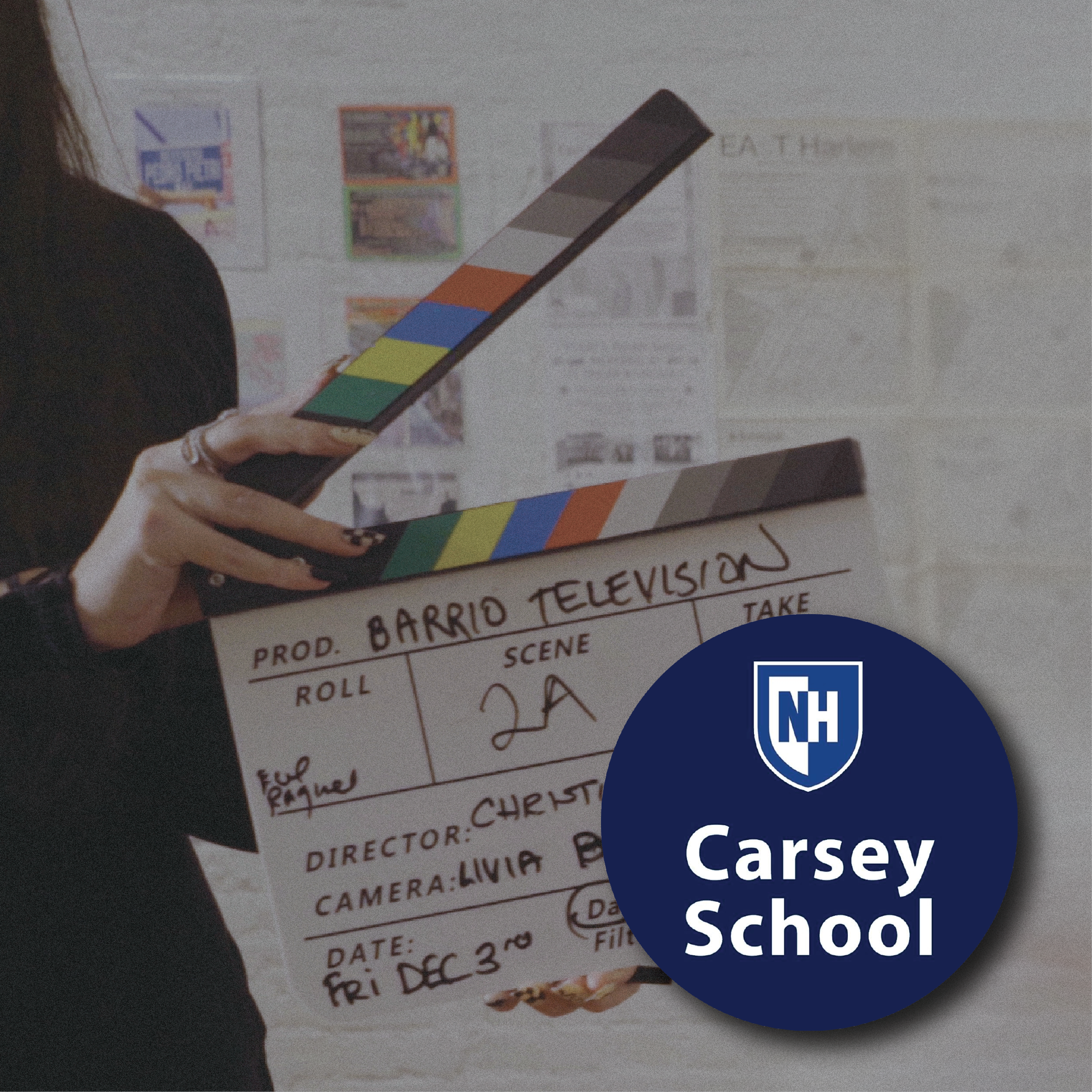WORK IN PROGRESS Screening WITH PEOPLE’s MEDIA RECORD AT CINÉSPEAK IN PHILADELPHIA
(FRI OCT 3, 2025)
Thank you for joining! To share your feedback and support the film, please take this very short survey: https://www.menti.com/alduzexrutzr
If you completed the survey and would like to be entered in the drawing for a free Barrio Television cup, please send us a DM at @christina.dipasquale or email at christina@barriotelevision.com
CURRENT FEATURE ARTICLE PUBLISHED WITH BARRIO TELEVISION RESEARCH AND COMMENTARY
Read the new feature piece in Current by Gina Isabel Rodriguez, “Why WNET backed away from groundbreaking coverage of the Chile coup”
https://current.org/2025/08/why-wnet-backed-away-from-groundbreaking-coverage-of-the-chile-coup/”
The piece includes Rodriguez’s deep investigation of what happened to the Realidades episode: “Chile: A Special Report,” including research from BARRIO TELEVISION and commentary from the film’s director, Christina DiPasquale.
Excerpt:
On Sept. 11, 1973, a military junta seized power in Chile.
A month later, WNET/Channel 13 was promoting what it billed as “American television’s first in-depth profile” of the coup. The one-hour “Chile: A Special Report” aired Monday, Oct. 15, with a rerun scheduled for that Thursday.
But within hours of the initial broadcast, the rerun had been canceled. Viewers who contacted the station learned the startling news from the WNET librarian: The Chile special had been erased.
This was the beginning of an intractable myth. For decades, even those who worked on the Chile special believed that it was gone.
A few years ago, filmmaker Christina DiPasquale was conducting archival research at WNET about Realidades, the first national bilingual television series in the U.S. “Chile: A Special Report” was an episode of this show. When she dug up the old Realidades episodes in the WNET archives, DiPasquale uncovered the lost Chile special.
Thanks to her initiative, the American Archive of Public Broadcasting has made the documentary available for online streaming. But there has yet been no reckoning with what happened.
“Chile: A Special Report” called out the new military junta for its “fascist-like ideology” and highlighted American involvement in the destabilization of Chile. Why did WNET pull it from the air?
BARRIO TELEVISION at BIPOC Media Conference, Kaleidoscope Live! in Charlotte, NC
BARRIO TELEVISION director, Christina DiPasquale, participated in the Social Sustainability Panel at the Kaleidoscope Live! conference to share lessons from the “Realidades” series in 1970s with Black and brown newsroom leaders today. Together, we shared struggles and successes in keeping media by, for, and about our communities alive and thriving across generations. Following the panel, Christina shared 20 minutes of scenes from BARRIO TELEVISION at a private community screening within the conference and received input from newsroom founders of color for the next stage of the film.
Kaleidoscope Live! 2024 is the first in-person convening of grantees of the Racial Equity in Journalism Fund at Borealis Philanthropy. The mission of the summit is to advance sustainablity practices within the BIPOC journalism ecosystem. BARRIO TELEVISION was selected by the REJ Fund as a grantee in 2023. The generous grant contributed by the REJ Fund was used to edit our current work-in-progress and to film for three days in Puerto Rico this spring.
Images from Kaleidoscope Live! 2024 were beautiful captured and generously shared by Gloria Zavaleta // @gloria.c.zavaleta on IG // www.gloriazavaleta.com
Blog | Bringing Back “Realidades”
On September 29th, we invited the community to set.
Taking a page from the “Realidades” playbook, our goal in making BARRIO TELEVISION has always been to create a hard-hitting discussion about what communities of color want to watch, make, and influence in media. The preservation and recognition of the “Realidades” story with the original 1972 crew is long overdue. We were able to bring together producers of color who broke into television in the 1970s and youth in journalism and non-fiction film today, sharing our BARRIO TELEVISION teaser, playing “Realidades” clips, and hosting a Q&A with “Realidades” creators.
On September 29th, we invited the community to set and kept filming. Our taped event emphasized audience questions and reactions to fuel and visualize the community feedback loop that drives BARRIO TELEVISION – as it drove “Realidades” in the 1970s.
By documenting “Realidades” and sharing its legacy as we film, we’re proudly continuing the fight for racial justice in media—connecting new audiences with all that these first-time media makers of color tenaciously won. At this event, including Reel Works and Bell Voices, “Realidades” creators gave their advice and answered the questions of youth–emboldened in the current struggle for community-driven, multilingual, and culturally relevant news.
This event was made possible by small individual donations and a $5,000 grant from the Carsey School of Public Policy at the University of New Hampshire, which allowed us to reunite “Realidades” creators living out of town back to in New York City, rent a community space, and film the event and an exclusive interview with Julio Rodriguez, a founder of the Puerto Rican Media Action and Educational Council and the National Latino Media Coalition – which helped keep “Realidades” on the air through the 1970s.
With your continued support of BARRIO TELEVISION, we will continue to reinvigorate debates about Latino influence across the media and how to better serve audiences of color by working with non-profit groups, schools, libraries, archives, and museums across the country to continue to screen, to listen, engage and inspire.
CINÉSPEAK FEATURE: CHRISTINA DIPASQUALE IS TELLING A STORY OF LATINO COMMUNITY MEDIA
cinéSPEAK Philly Cultural Critics Fellow Barrios interviewed director Christina DiPasquale for this in-depth profiles of Philadelphia moving-image artists and cultural workers, including their body of work, inspirations, and upcoming projects.
cinéspeak interview: LOCAL FILMMAKERS SHINE
Barrio Television director Christina DiPasquale was interviewed by cinéSPEAK about the film in conjunction with a screening and panel hosted by the Independence Public Media Foundation and Asian Arts Alliance in Philadelphia.
Independence Public Media Foundation: GRANT NEWS
The Independence Public Media Foundation (IPMF) awards a generous grant to Barrio Television through its Local Filmmaker Fund.
The Gotham: OVERCOMING Media gatekeepers
In her Q&A with The Gotham, DiPasquale reflects on her journey from politics to filmmaking, how The Gotham community, through fiscal sponsorship, workshops, and connections, has provided an ecosystem supportive of her work, her discovery of the Realidades program after 10 years of research, and her experience developing Barrio Television.
Library of congress: Archive news
The Library of Congress used filmmaker Christina DiPasquale’s research for Barrio Television in their their virtual exhibit “Latino Empowerment in Public Broadcasting” to reveal more details about the Realidades series.
Racial Equity in Journalism Fund SELECTS BARRIO TELEVISION
The Racial Equity in Journalism Fund (REJ Fund) at Borealis Philanthropy awards a major grant to Barrio Television as part of its commitment to resourcing the BIPOC journalism ecosystem.
Film Independent: CLAIMING SPACE IN THE world & History
Barrio Television feature in “Fiscal Spotlight: Three Docs About Claiming Space in the World and in History“
Friends of puerto rico Initiative: Virtual talk
Members of the original Realidades 1972 crew and documentary director, Christina DiPasquale, sit for a roundtable discussion on the show and Barrio Television, the film working to tell the story of these activists-turned-television-producers for the first time.
Center for puerto rican studies: virtual talk
Documentary filmmaker, Christina DiPasquale, and Centro Library Manager, Aníbal Arocho, discuss the groundbreaking PBS series executive produced and hosted by Humberto Cintrón, Realidades.
Interview with JMPRO Community Media
Barrio Television interviews with JMPRO Community Media, a grassroots non-profit serving immigrant communities in Western North Carolina.
NALIP: Media Market news
The National Association of Latino Independent Producers names Barrio Television’s Christina DiPasquale as a 2022 Latino Media Market Fellows. The film was one of five docus chosen.
UnionDocs: lab news
Barrio Television announces that it is now one of two projects—chosen from a global pool of applicants—to earn a full scholarship for UnionDocs’ Early Production Lab.
Free Press: virtual talk
Free Press is joined by Christina DiPasquale, Heads Up!, Ivanhoe Sol, La DePaulia, Lyons Recorder and more for a conversation about the ways community members are coming together to address gaps in local news.
the Schomburg Center for Research in Black Culture Adds "Realidades" Special Notation
One of the world’s most largest archives of African and African American history, included Barrio Television's research in a special notation in Piri Thomas’ papers.
UNH’s Carsey School of Public Policy: GRANT NEWS
Barrio Television Director Christina DiPasquale earned a senior fellowship and grant from University of New Hampshire’s Carsey School of Public Policy for her research on the film.
American archive of public broadcasting: archive news
The American Archive of Public Broadcasting reviewed filmmaker Christina DiPasquale’s request to make more episodes of Realidades public and added dozens more of the series programs free and streaming online.

